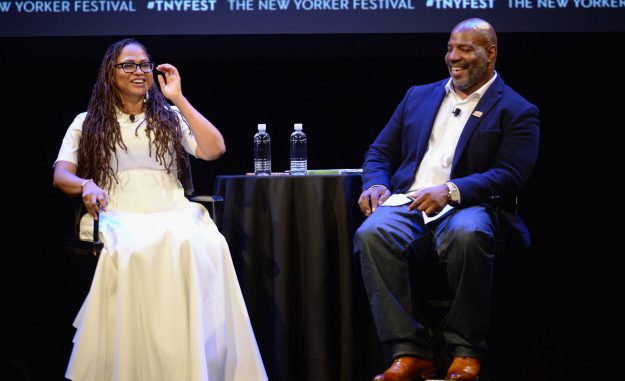
“When you know in your gut it’s wrong, just don’t do it.”
As part of the New Yorker Festival this past weekend, filmmaker Ava DuVernay sat down with Jelani Cobb to talk about their friendship, criminal justice reform, and navigating Hollywood as a black woman in charge.
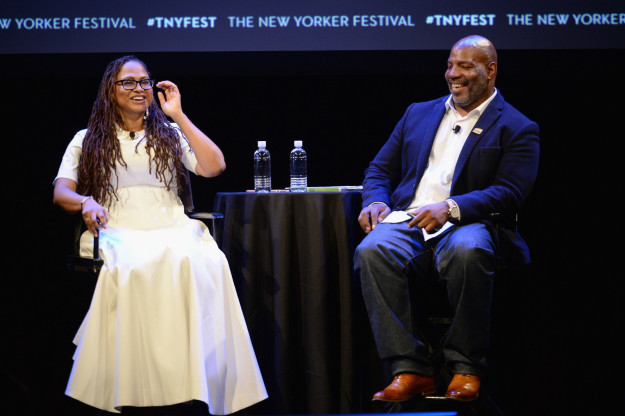
Andrew Toth / Getty Images
During their conversation, DuVernay revealed the one time in her career she feels like she betrayed herself: by not making sure she got a writing credit for Selma, the Oscar-nominated movie she directed.
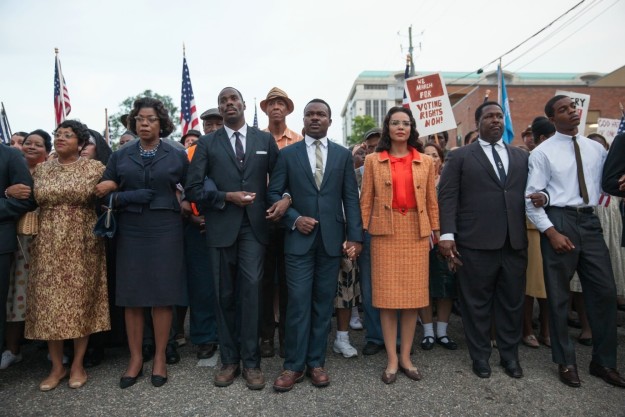
Paramount Pictures
“I wrote that script. And my name is not on it,” DuVernay said. “And the credit was taken from me because of a contractual issue.”
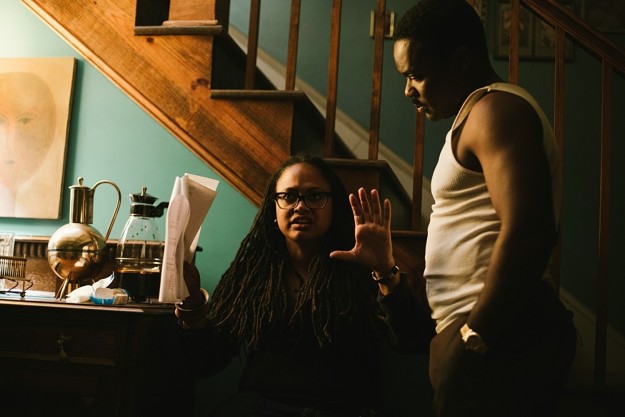
Paramount Pictures
She said she infused the script with stories from her dad, who was raised in Lowndes County, Alabama, the county right between Montgomery and Selma.
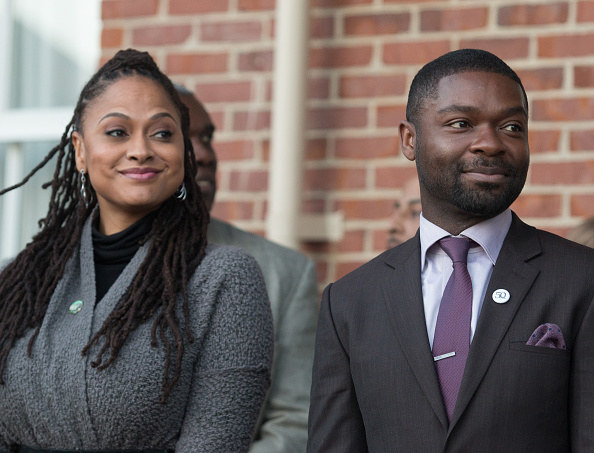
“My father, [at] five years old, was one of the kids standing out, waving as Dr. King and the people walked by,” DuVernay said. “The symbol for Lowndes County on their county flag is a panther… You know the whole Black Panther origin? Lowndes County is — that’s its own movie. It’s incredible. My father is from there. And his daughter ends up making the film called Selma. So when I get the script and… it’s called Selma, shouldn’t there be some people from Selma in the movie?”
David A. Smith / Getty Images
DuVernay said she was frustrated that Selma screenwriter Paul Webb “wasn’t willing” to share credit on the screenplay.
Ava DuVernay / Via instagram.com
“At the time, decisions were made that I was a part of to not talk about that, not to create controversy around the film for Oscars,” she said.
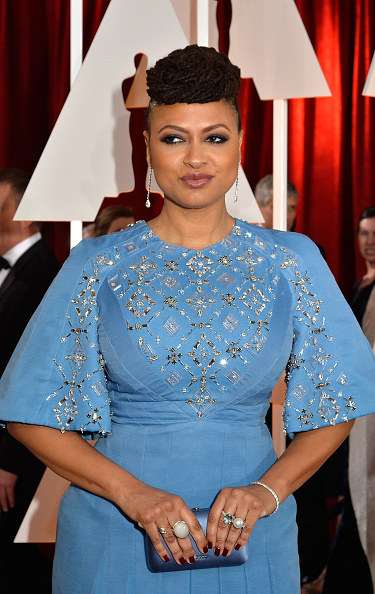
Lester Cohen / WireImage
And by not taking issue over the screenwriting credit, DuVernay said she “invited energetically the largest, most bullshit controversy on any film that season,” referring to the allegations that the film made Lyndon B. Johnson too racist.
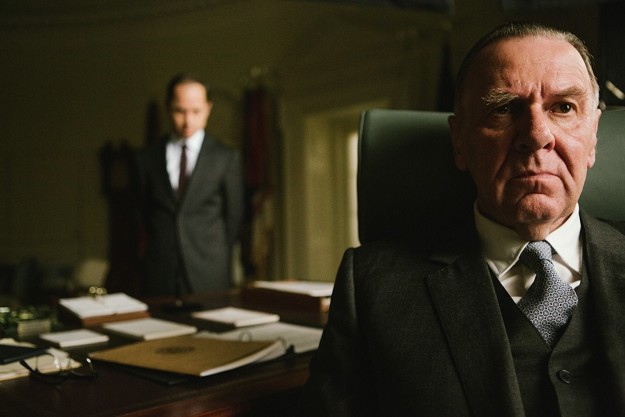
Paramount Pictures
Ava DuVernay / Via Twitter: @ava
All DuVernay could think in the wake of the backlash was: “You betrayed yourself, your work, your art, you compromised your voice…”
“You let them say you didn’t do something that you did — that you put your family’s legacy, blood, your people, you put everything of yourself into it. And you let somebody else put their name on that in the writing of it to try to get that ring up there.”
Ava DuVernay / Via instagram.com
The huge lesson DuVernay said she learned was: “Whatever thing in your life you’re being asked to compromise or to bend — and sometimes we have to be collaborative and you have to just kind of shape things, craft things to a certain way — but when you know in your gut it’s wrong, just don’t do it.”
Representatives for Paramount and Paul Webb didn’t immediately respond to BuzzFeed News’s request for a response.
Ava DuVernay / Via instagram.com

